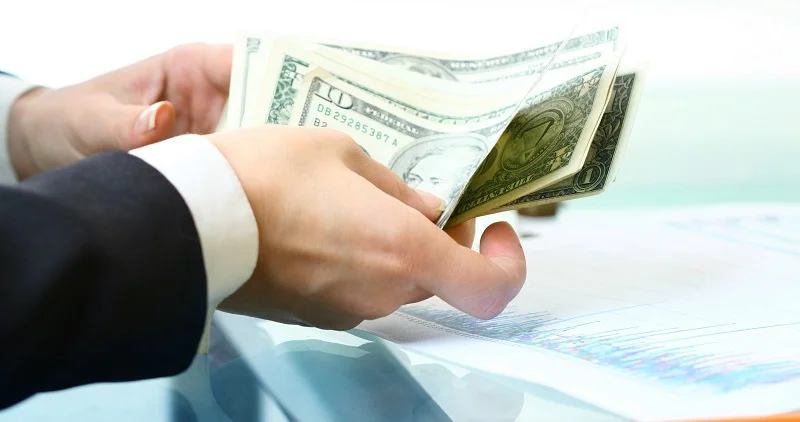Many people have questions about the earnest money deposit on the sale of their old relinquished property in a 1031 exchange. Oftentimes a title company or real estate broker will hold the deposit from the buyer as a fiduciary both for the buyer and the seller. They're acting as a sort of neutral third party to hold this deposit.
In the normal sequence of events the closing will eventually occur and that earnest money deposit will be applied towards the purchase of the relinquished property. Then all of the net proceeds, all of the consideration for the sale, will come to the qualified intermediary. That's just fine so long as that earnest money deposit is merely just a deposit.
It's not the sellers deposit until the closing is fully complete. So the deposit is really sort of in limbo until the closing occurs and the benefits and burdens of ownership shift.
Nonrefundable Earnest Money
There is a subset of deposits that you do need to be more careful with. That is the hard, nonrefundable earnest money deposit that effectively is the sellers cash once the deposit is made.
In those situations, you want to insulate the taxpayer that's doing the exchange from taking and holding their own deposit and instead have that deposit placed with the qualified intermediary who's ultimately going to receive all of the cash proceeds from the sale of the old property.
So with hard nonrefundable money you need to coordinate with your qualified intermediary before the deposit is paid over to make sure that you don't inadvertently receive the proceeds for the deposit.
Start Your 1031 Exchange: If you have questions about 1031 exchanges, feel free to call me at 612-643-1031.
Defer the tax. Maximize your gain.
© 2019 Copyright Jeffrey R. Peterson All Rights Reserved

